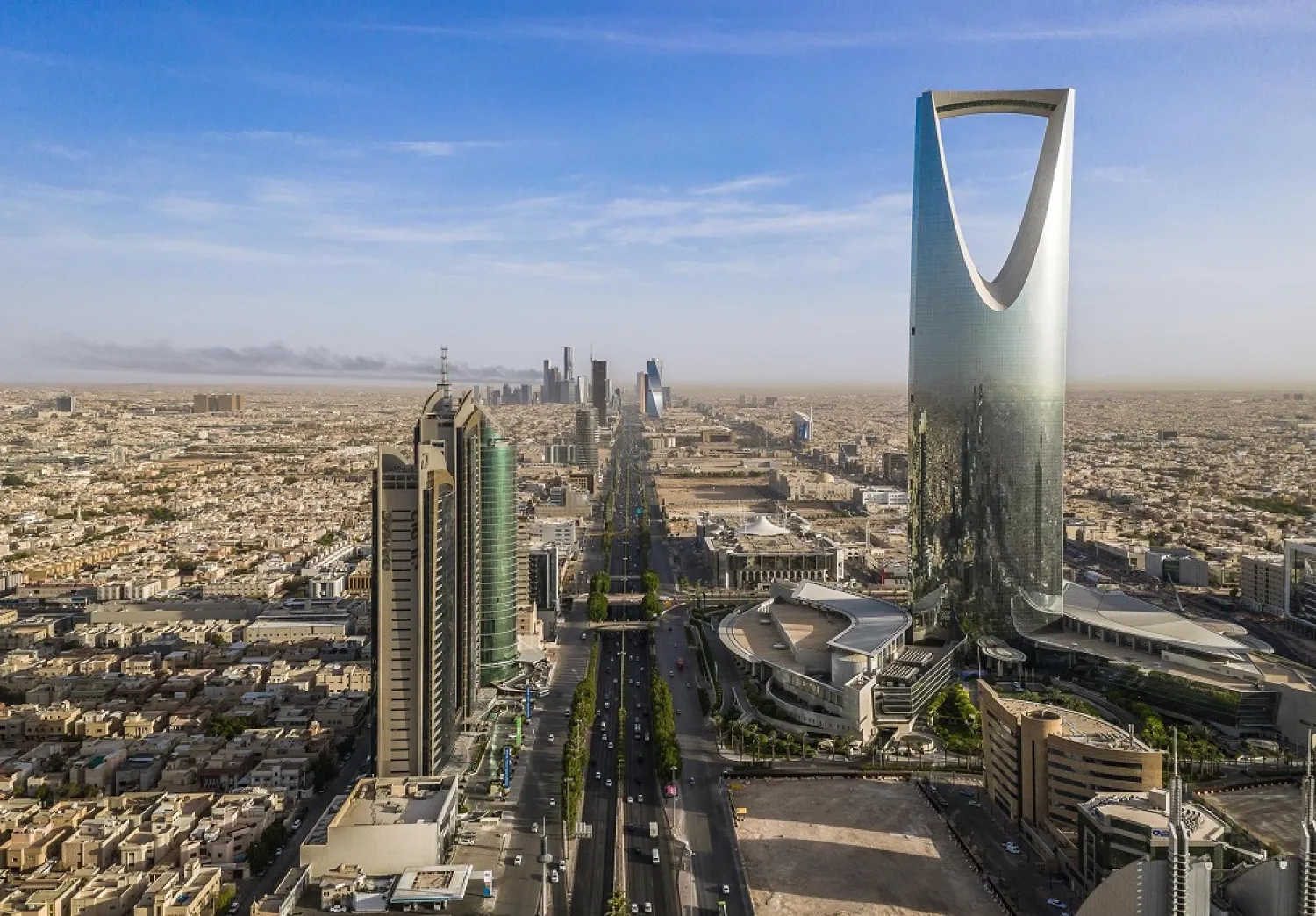Saudi government agencies will participate in the Future Minerals Summit, which will kick off in Riyadh Tuesday to present investment opportunities accompanying the Forum through an integrated platform that includes all aspects of the investor's journey in the Saudi mining sector.
The mining sector in the Kingdom includes 12 government agencies, including the Ministry of Investment, which considers the Summit a new national anchor that achieves aspirations in reviewing investment opportunities and developing and diversifying the economy according to the objectives of Vision 2030.
The Ministry aims to shed light on the mining sector in the Kingdom and investing opportunities and ease of doing business.
The three-day Summit will present several projects and opportunities in emerging markets through its sessions and workshops.
The exhibition focuses on presenting technologies that will contribute to establishing the future mining sector in which Saudi Arabia will play a fundamental role. It also has pavilions dedicated to regional countries.
The Summit and the accompanying exhibition will enhance the Kingdom's strategic leadership in this sector, contribute to the presentation of advanced technologies and innovations, and facilitate new partnerships and knowledge exchange.
Meanwhile, the Ministry of Environment, Water, and Agriculture renewed its commitment to environmental sustainability and the prosperity of development sectors.
Participating in the Summit, the Royal Commission for Jubail and Yanbu aspires to bolster the sector's potential, encourage investments, and shed light on the most prominent prospects of opportunities in the Kingdom.
The Saudi Export Development Authority will review the opportunities to increase the Kingdom's exports in global markets.
The Saudi Industrial Development Fund believes the Summit will support the industrial sector as a global platform to highlight its advantages.
The Saudi EXIM Bank is also participating in the Summit to highlight the importance of investment in the Kingdom, with integration and coordination between sectors.
The Local Content and Government Procurement Authority's participation in the Summit aims to publicize its role in building a stable and sustainable economy by localizing content and establishing new economic horizons.
The National Industrial Development Center will present the ambitious Vision 2030 that the Summit will promote and highlight the qualitative opportunities and competitive advantages of investing in the mining sector and its sustainable investment opportunities.









